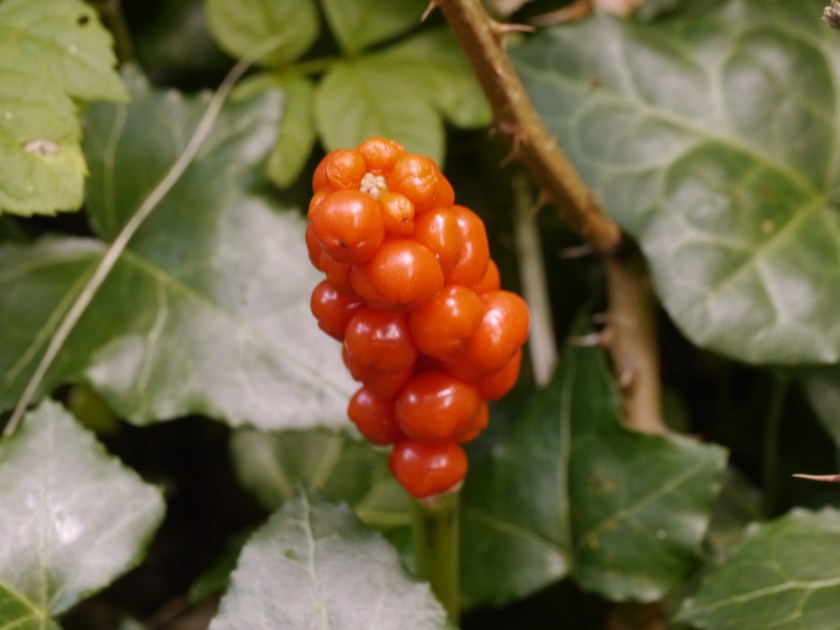
It’s a concept I’ve always been a bit suspicious of – controlling can be a dangerous addiction for anxious people and yet these last few months of lockdown have revealed a more kindly, almost therapeutic aspect to taking control. This devastatingly unoriginal thought came to me this morning in the kitchen when I was working my way through half a dozen routine jobs and suddenly experienced a ‘flow’ moment while I was straining the kefir.
I guess during the lockdown and the general strangeness that surrounded us, especially at the beginning when we were unable to rely even on essential supplies, routine became comforting. Getting bread on the table, getting our hands on 16 Kg of bread flour, replenishing almost any supplies can go from being full of stress to offering strong reassurance that in spite of everything we’ll get through. In our case a stone heavier because we’ve been eating all that therapeutic bread, and don’t even ask about biscuits. But getting by, being even a little bit in control, is a a small blow against the chaos – a finger in the air against the malign gods of incompetence. All the queuing and bulk buying of toilet rolls and flour turned out to be a proxy battle against something else, even if we never worked out quite what it was.
The picture at the top is of some Lords and Ladies – Arum maculatum, the roots of which were occasionally eaten during famine times when it was known as Portland sago. It’s fairly dodgy stuff that needs careful preparation – roasting and grinding to destroy the irritant sharp needles that, if eaten carelessly could make you very ill. However for me today it was a reminder that we’re in high summer now and there are hints of autumn everywhere.
There is a real sense of sadness that the seasons have passed us by this year, although I’ll be forever grateful that being grounded for several months has forced us to explore locally; and there’s been so much to discover. The allotment has been our saviour of course and we were glad to be working flat out during the spring and early summer. Now, in high summer there’s a bit of a lull and that’s given us the time to resume some longer walks and explore some local delights.
Today, once I’d finished a pile of prepping in the kitchen – bread, kefir, stock – and brining some onion rings for tonight’s panzanella – we went up to Bannerdown in search of butterflies and for me to do some more grasses. Slowly slowly I’m becoming more familiar and realising that giving consideration to the habitat, for instance woodland, unimproved grassland or marshy ground, simplifies things enormously.
I was also using the Panasonic Lumix camera with a 45mm Leica macro lens. Phone cameras are so so good these days that most of the time they’re perfect, but some days, like today, I really want to play with aperture and speed to get effects like bokeh (which is a pretentious way of saying blurred backgrounds). Learning to control exposures and apertures takes a while but it’s always worth the effort. When we were at art school, technique was rather frowned upon – which was why so much poor work was produced. For me the beauty has always been in the detail, and although I do photograph whole landscapes from time to time, they’re usually taken as a scene setter for the detailed view. There are some of today’s pictures below, but there’s one I couldn’t take because even with pretty good kit it’s just too small.
I grew up with false oat grass – it was the one from which you could strip the seeds between your thumb and finger as you walked past – like popping bubble wrap but back in the olden days before it was invented. However, being familiar with something and walking past it every day is not the same as knowing it, and because it ages, ripens and deteriorates during the season it’s sometimes difficult to decide whether the mangled bit of dry straw is false oat or something else. I was examining an aged plant today and I took a very close (x20) look at the awn, it’s the bristle on the outside husk, if you like, of the tiny seed casings and it’s tiny, but so beautiful. It’s a world of arabesques and curlicues from the bend of the hook to the spiral markings at the base it could have been fashioned in gold by a fairy blacksmith. If I can’t get a photo I’ll have to make a drawing from the microscope and put it up. That’s what gets me about nature – it’s so unnecessarily and extravagantly lovely however you look, from telescope to microscope.
The other thing that blew me away today was how loud the insects are when they are working in such a rich environment. On a scale between exhausted industrial grass and irreplaceable pristine meadow, Bannerdown inclines towards the neglected grassland tag. But that’s still rich. I imagine they must cut it regularly or it would become scrub, but the flowers today were wonderful and the bees, flies and other insects were having a wonderful time. Their hum was continuous and generated by thousands of pairs of wings – like a symphony orchestra holding a long ppp note, full of harmonics; lush, fruitful and happy.
There were no wonders among the butterflies but the B Team were all playing. There were common blues, a couple of brimstone, speckled wood, meadow brown and innumerable little brown mothy jobs in the grass. As we left another butterfly spotter was just getting into his car. “Did you see any chalk-hill blues?” – he asked. “No we haven’t – are they around?” “Well I heard a report about one the other day but I haven’t seen any here for years”. Perhaps they should amend the notice board and put a “not available” sign beside it.

Back on the allotment we decided to give up on a group of bush tomatoes that have contracted brown stem rot, so we picked all the remaining green tomatoes – probably five or six pounds of them – and I’ll make chutney with them. The rot is caused by heat and water stress, and made worse by watering on the leaves. We’ve had temperatures going up and down like a fiddler’s elbow; we’ve had hot humid weather, days of intense sunshine and days of heavy rain. It’s enough to cause any plant troubles. With the green tomato crop secure now, we can let the rest of the Crimson Crush ripen on the vines. They’re our mainstay for the winter, and we make many litres of sauce and passata with them. With a bit of pasta and some parmesan, you can make a cracking meal in ten minutes. But tonight it’s going to be panzanella – my favourite tomato salad ever!









